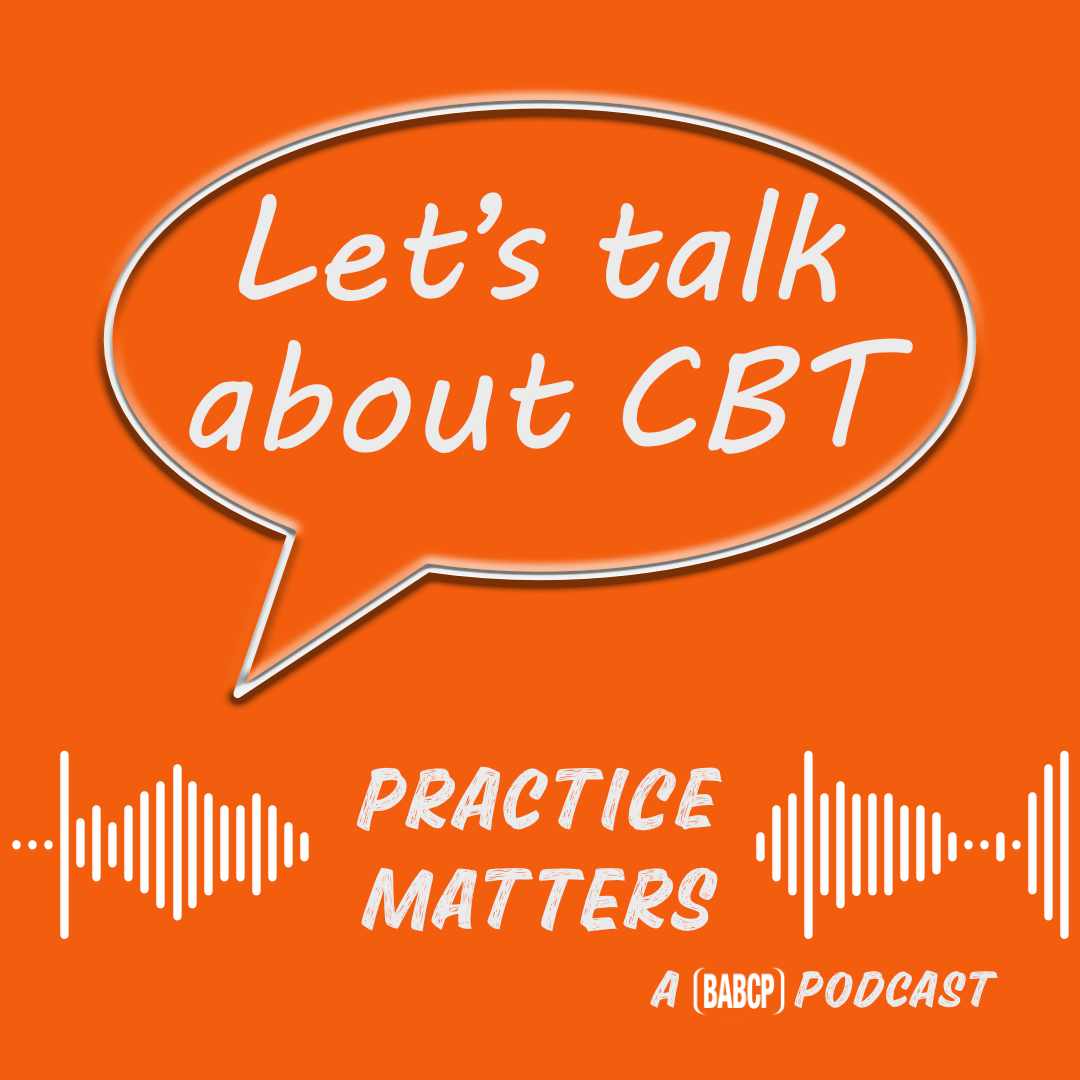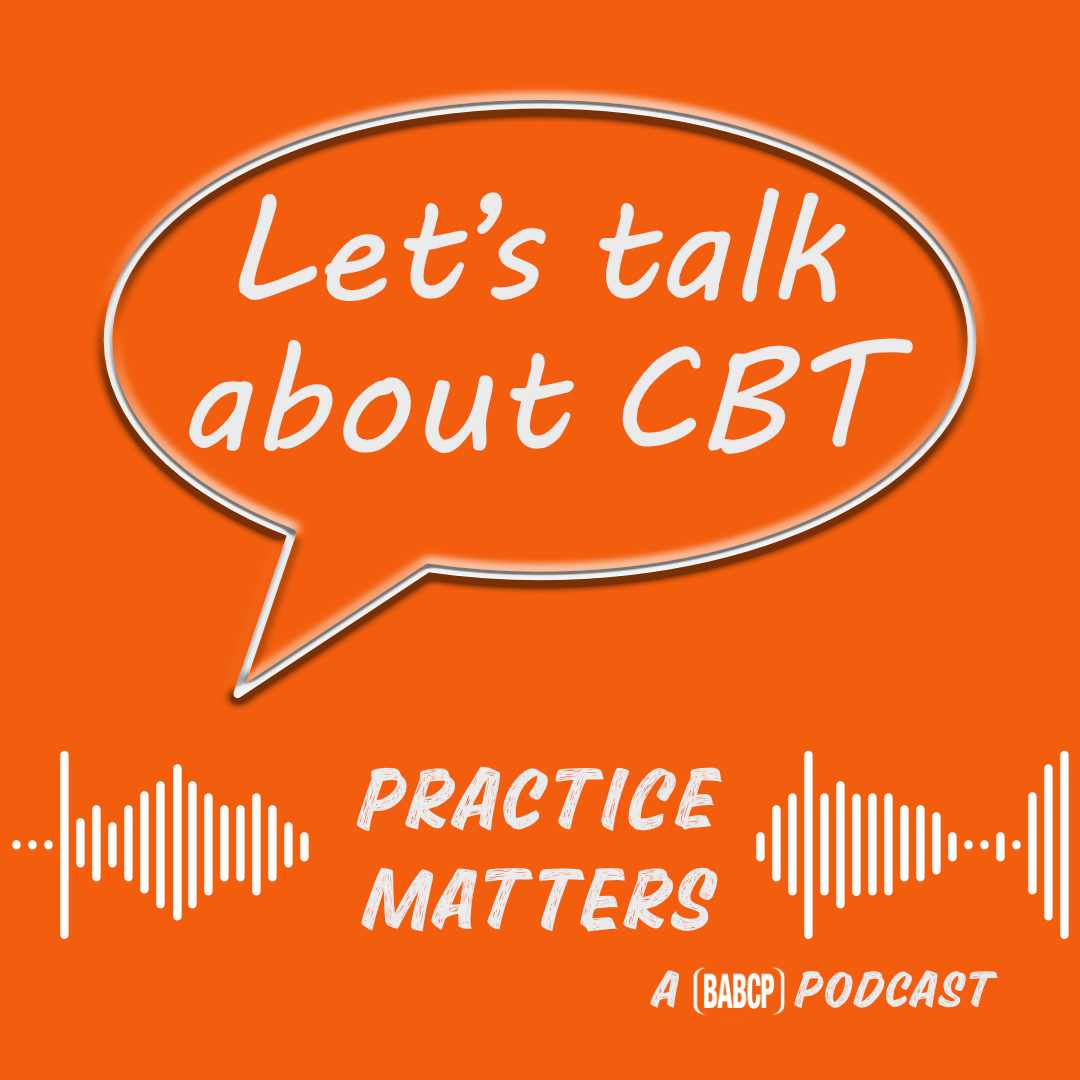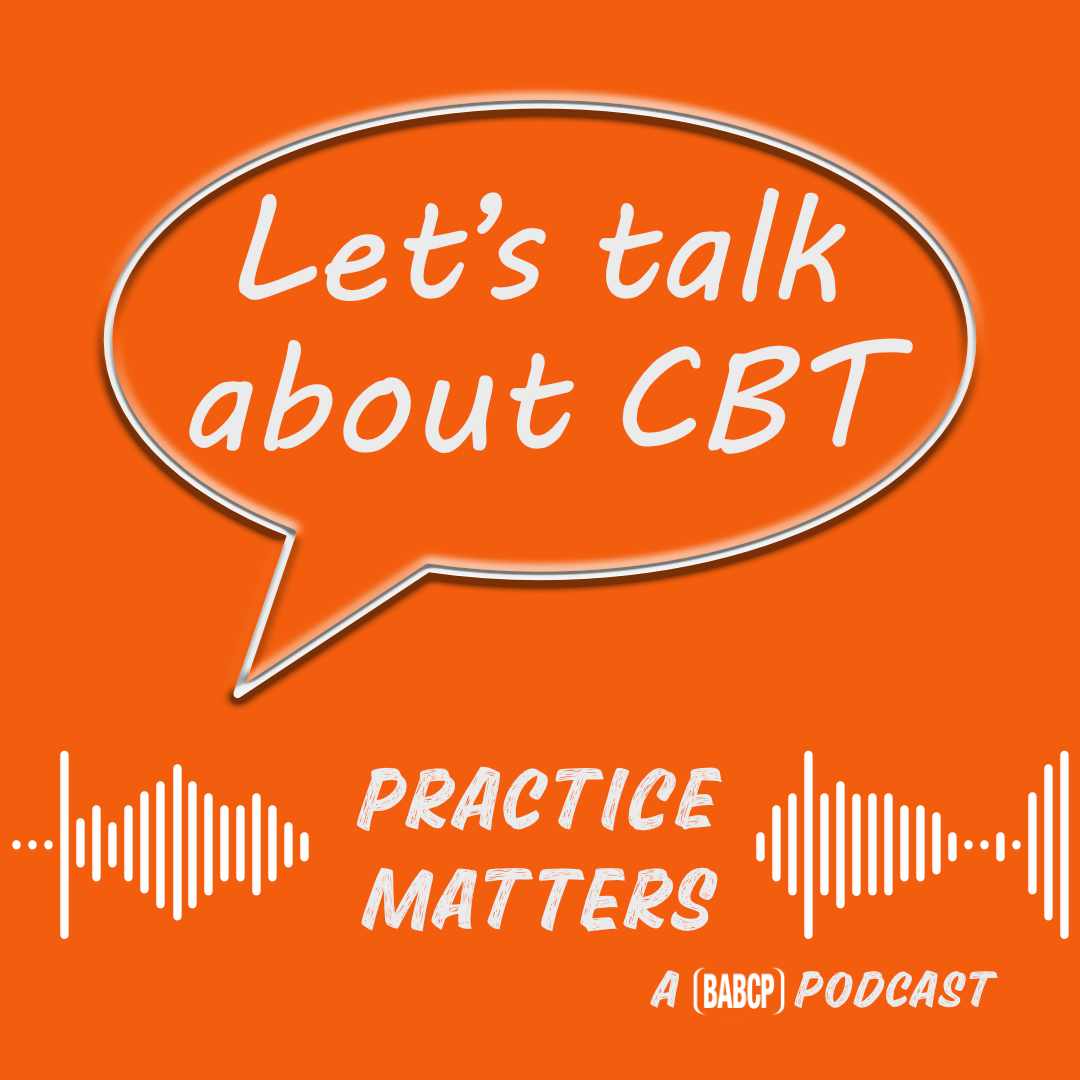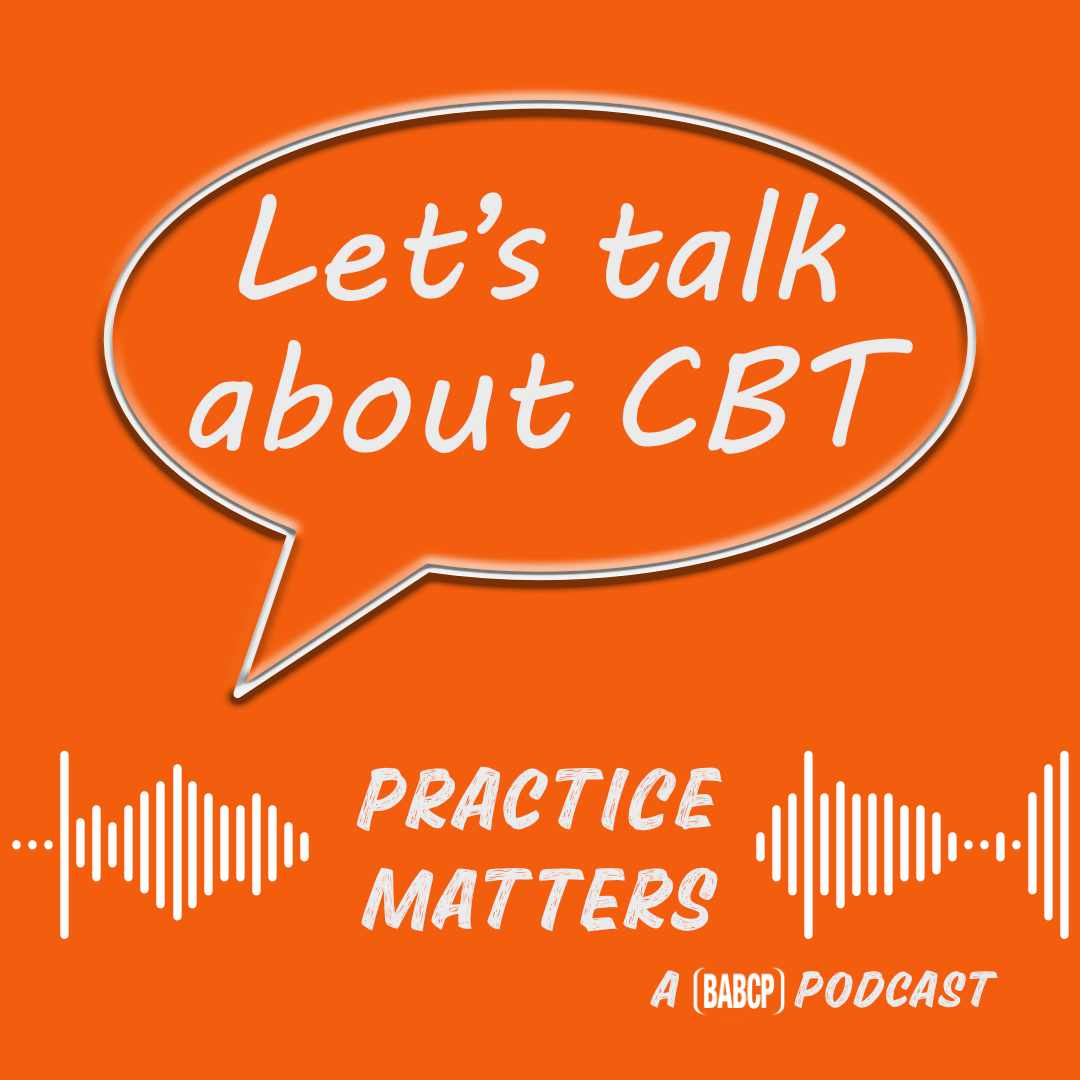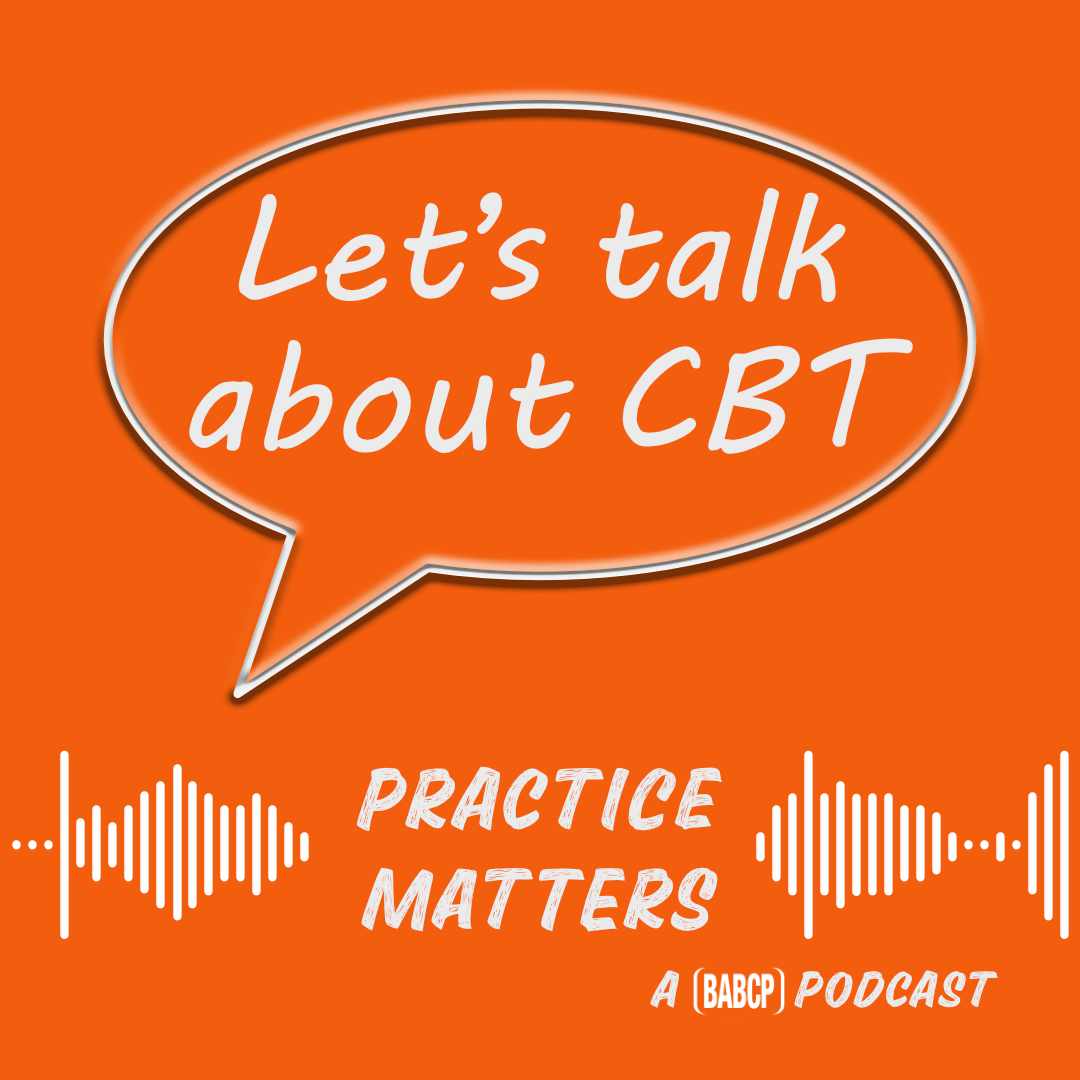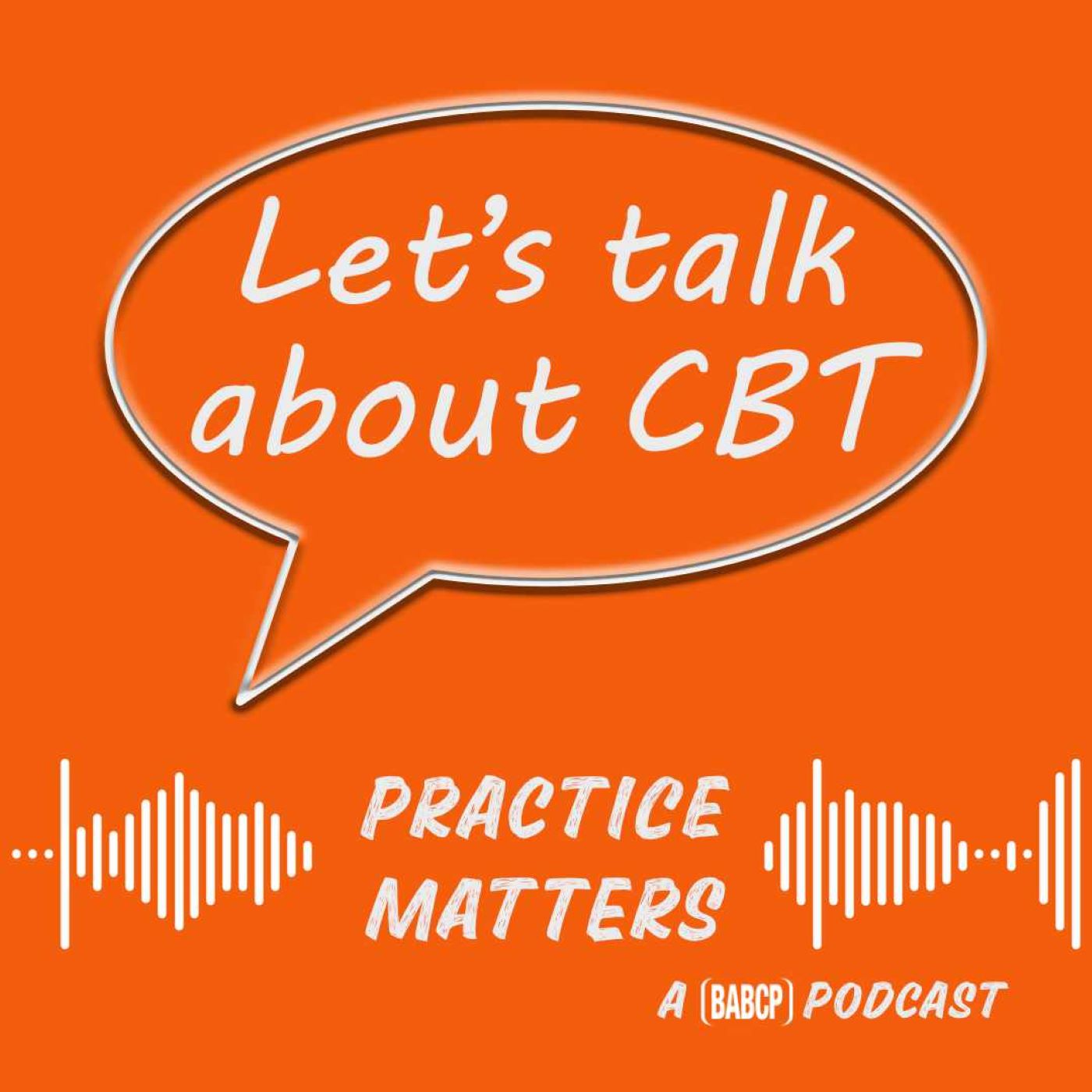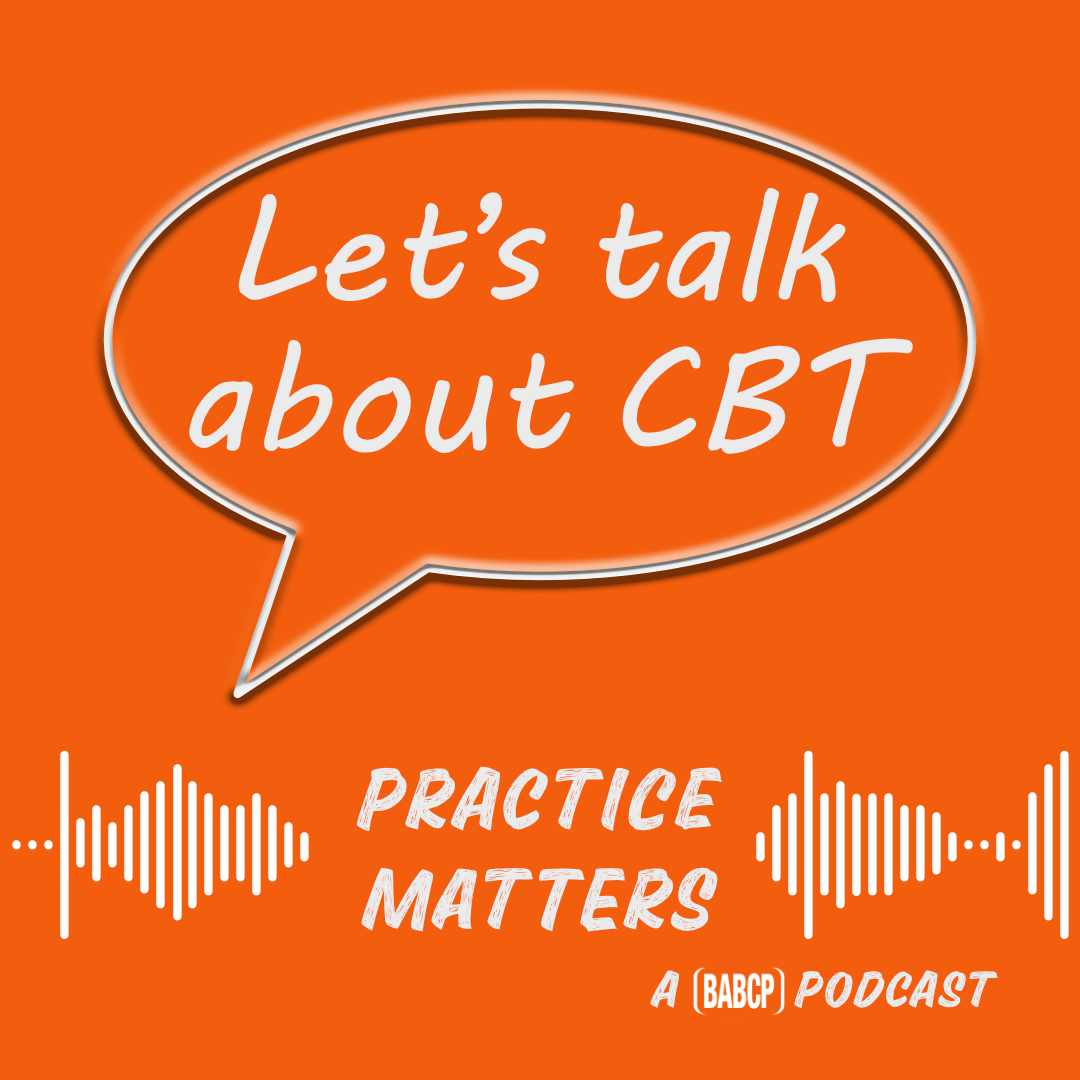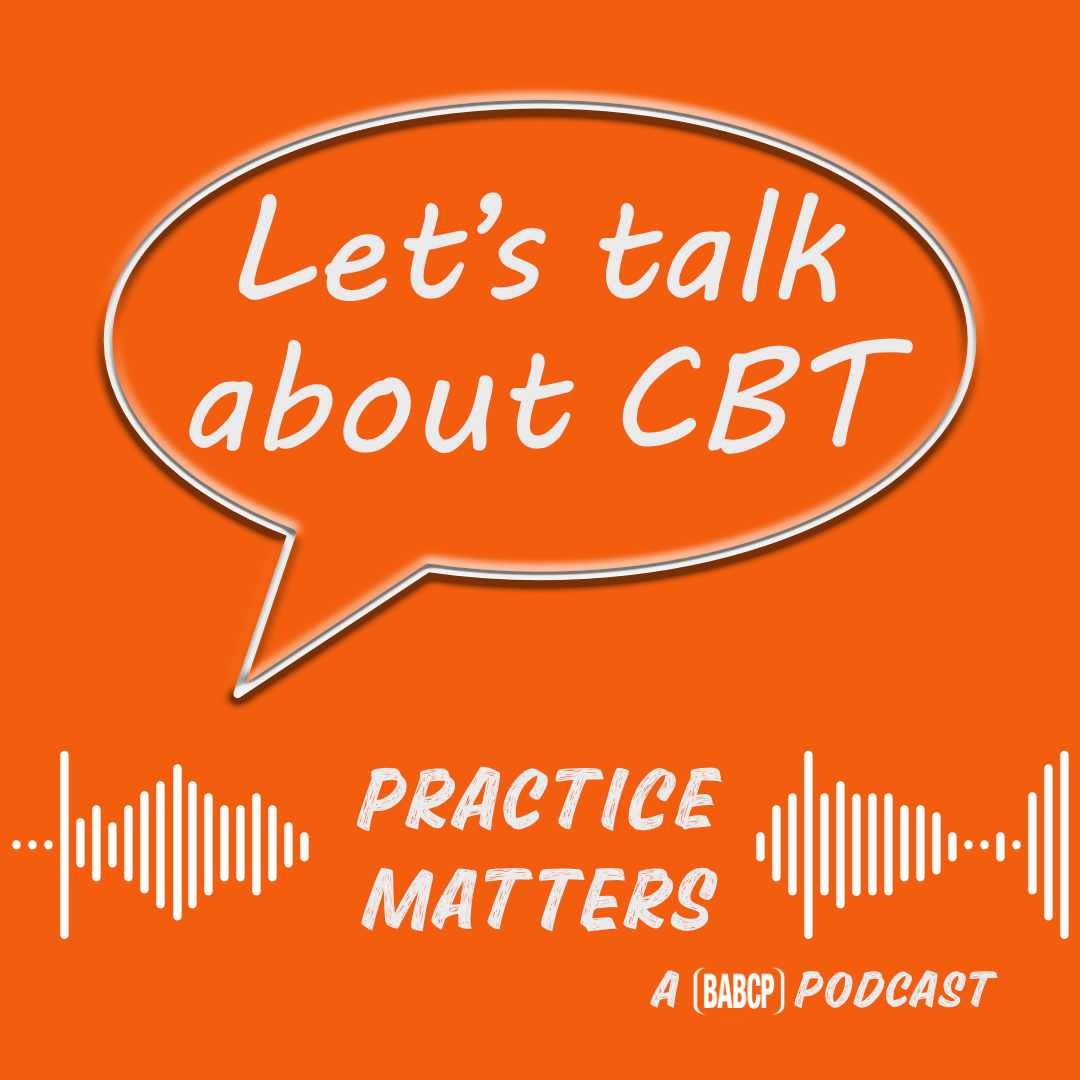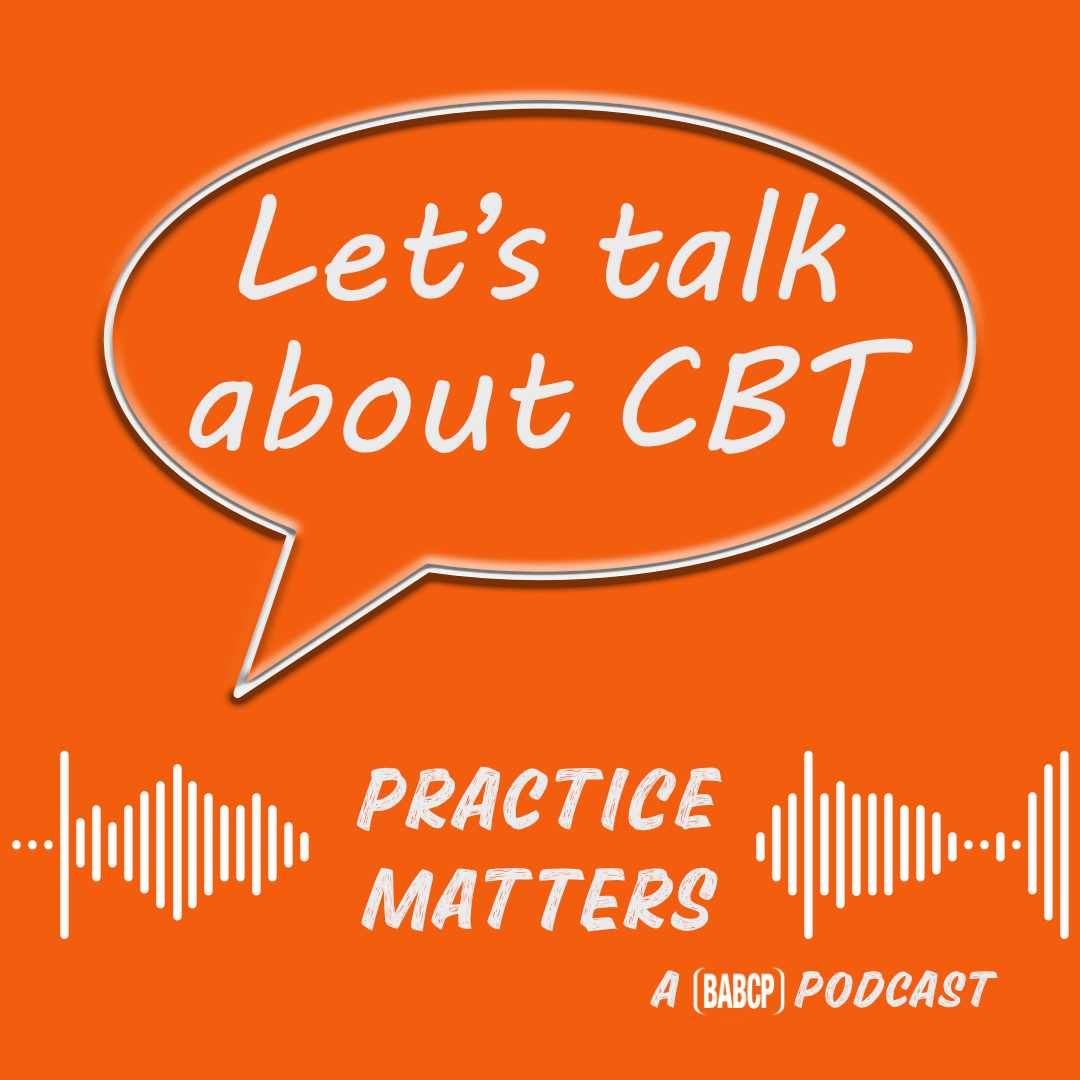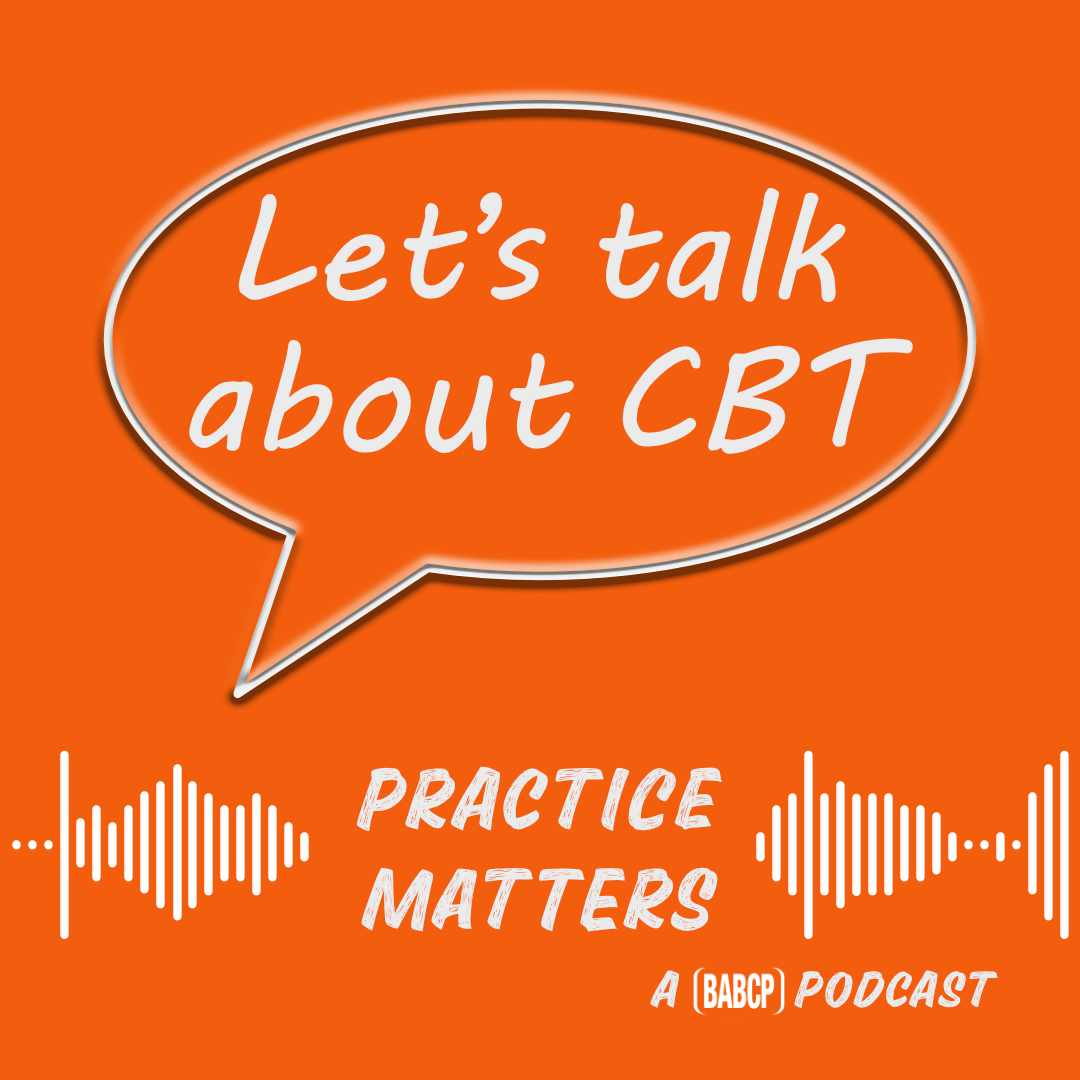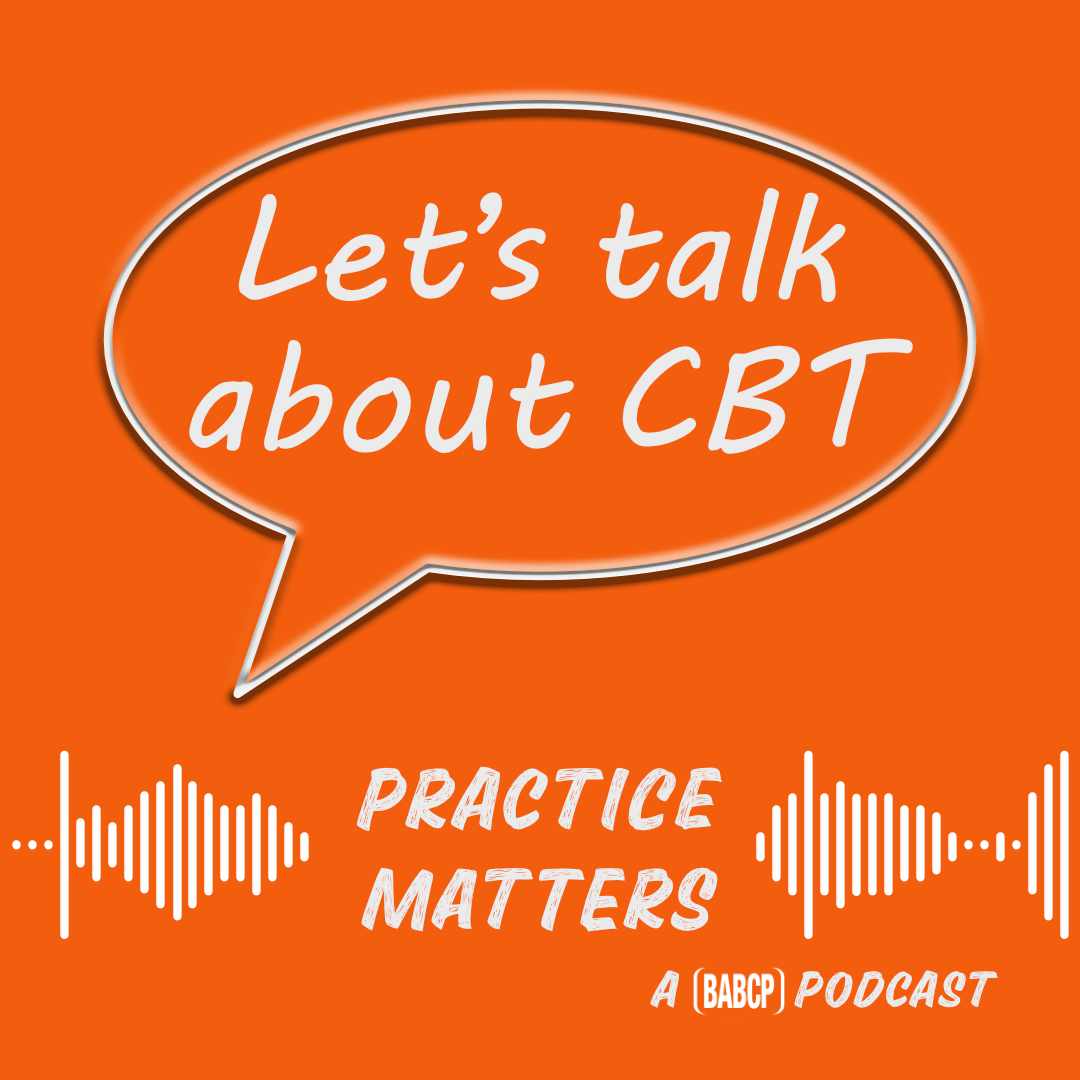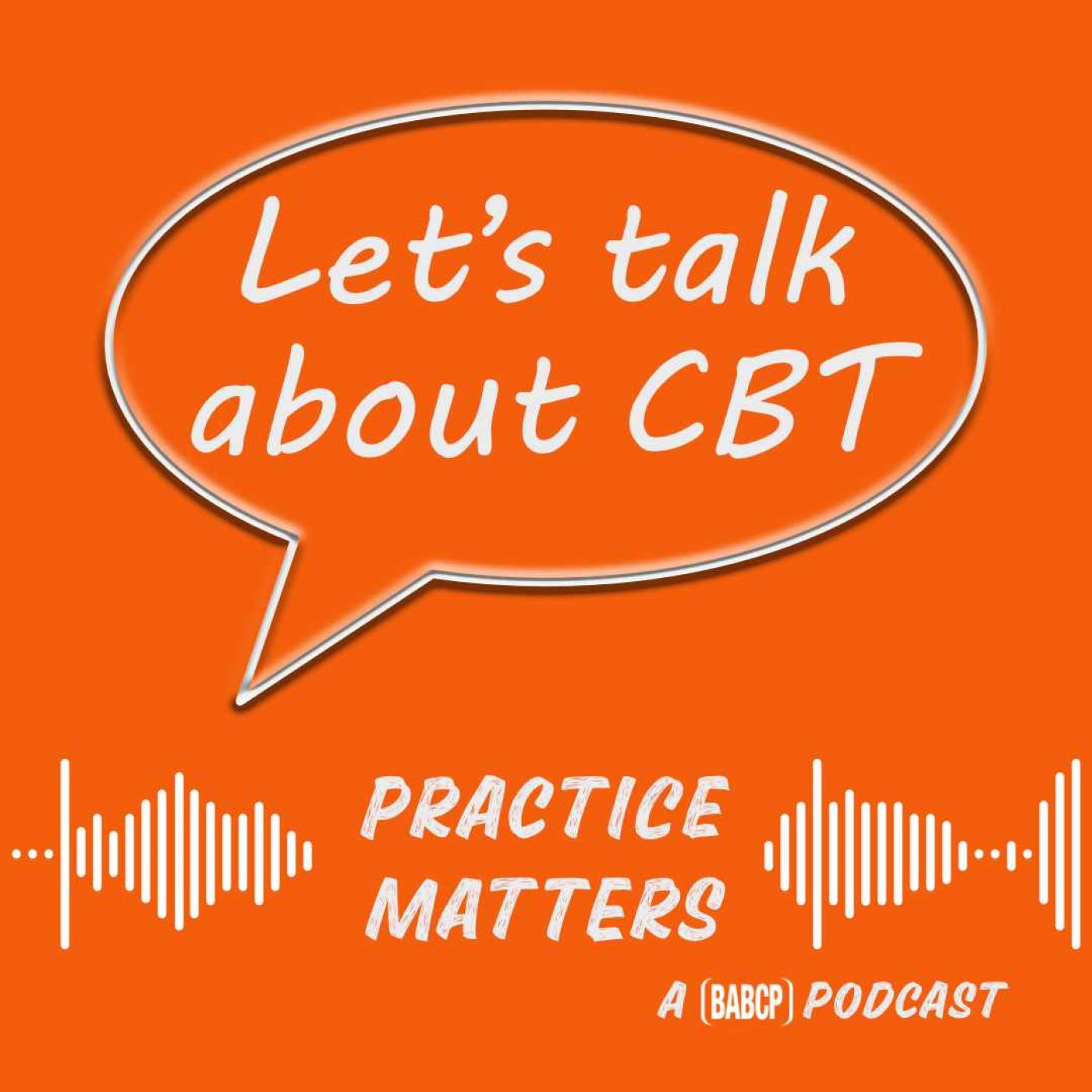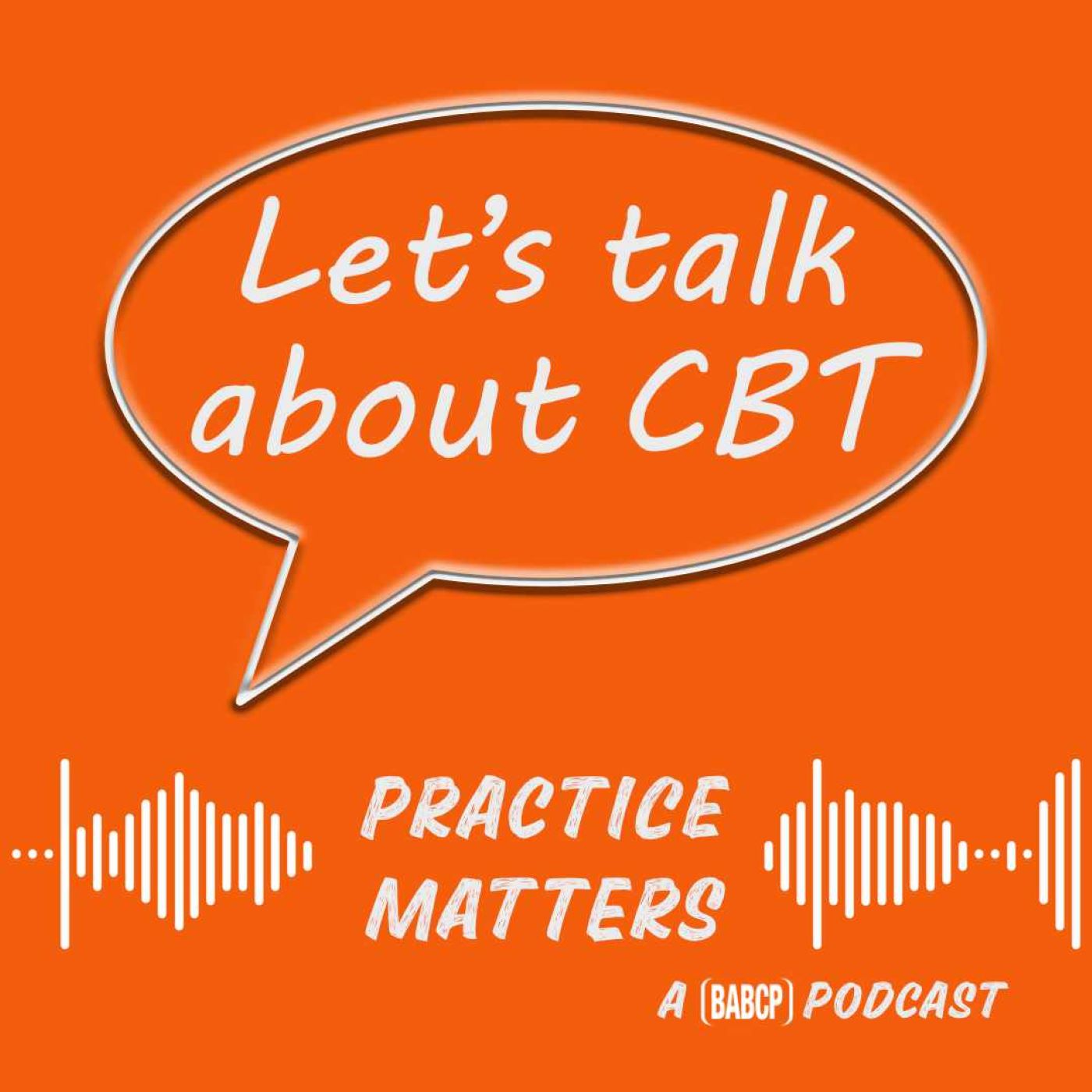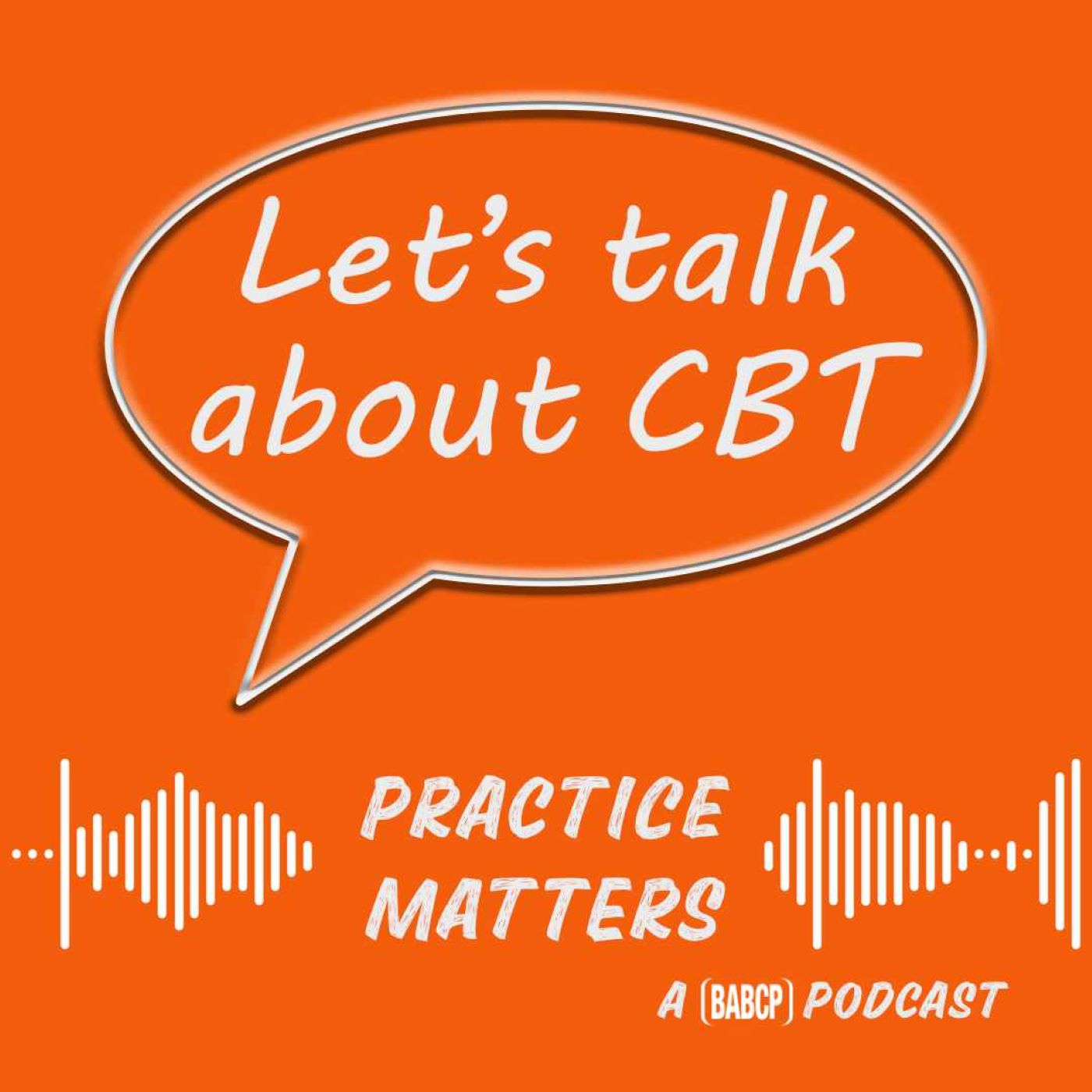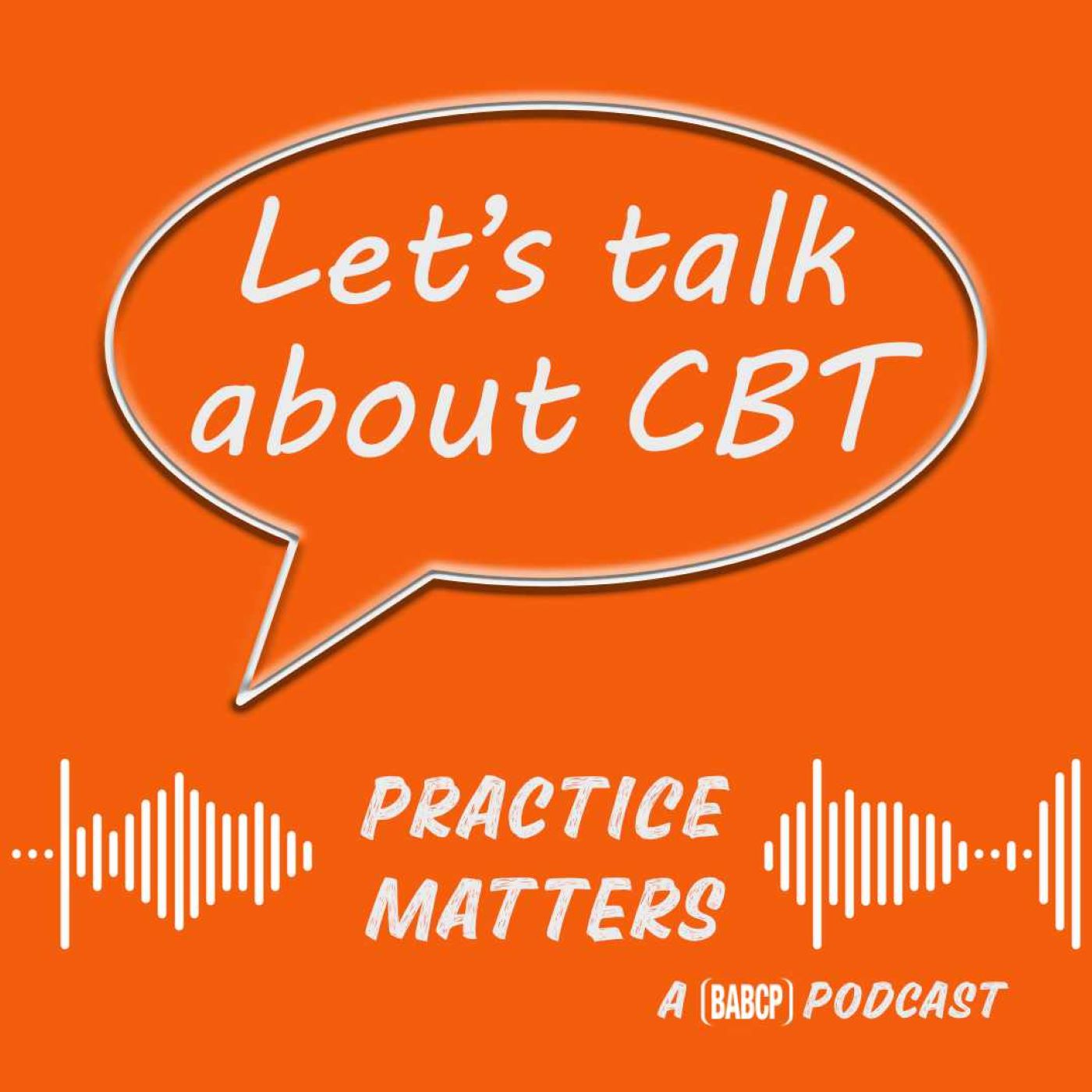“What young people want more than anything is social connection” Dr Eleanor Leigh on treating social anxiety in young people
Description
In this episode of Practice Matters, host Rachel Handley is joined by Dr. Eleanor Leigh, Clinical Psychologist and Associate Professor at the University of Oxford to discuss social anxiety disorder in young people. Eleanor shares her journey into this field, highlights the challenges of recognising and treating social anxiety in young people, and offers hope through emerging evidence-based interventions, including tailored cognitive therapy for adolescents.
Resources Mentioned:
- OXCADAT Resources: Free therapy resources, manuals, and videos for cognitive therapy.
- CAMY Website: Learn more about Dr. Leigh's research group focused on young people's mental health.
- Overcoming Social Anxiety and Building Self-confidence: A Self-help Guide for Teenagers (Helping Your Child)
Papers mentioned:
Carruthers SE, Warnock-Parkes EL, Clark DM. Accessing social media: Help or hindrance for people with social anxiety? Journal of Experimental Psychopathology. 2019;10(2). doi:10.1177/2043808719837811.
Evans, R., Chiu, K., Clark, D. M., Waite, P., & Leigh, E. (2021). Safety behaviours in social anxiety: An examination across adolescence. Behaviour research and therapy, 144, 103931. https://doi.org/10.1016/j.brat.2021.103931
If you liked this episode and want to hear more, please do subscribe wherever you get your podcasts. You can follow us at @BABCPpodcasts on X and Instagram or email us at podcasts@babcp.com.
Credits:
Music is Autmn Coffee by Bosnow from Uppbeat
Music from #Uppbeat (free for Creators!): https://uppbeat.io/t/bosnow/autumn-coffee
License code: 3F32NRBYH67P5MIF
This podcast was edited by Steph Curnow
Transcript:
Rachel: Welcome to Let's Talk About CBT Practice Matters, the BABCP podcast for therapists using Cognitive Behavioural Therapy with me, Rachel Handley. Each episode, we talk to an expert in CBT who share insights that will help you understand and apply CBT better to help your patients.
Today we're joined by Dr Eleanor Leigh and we'll be talking about social anxiety disorder in children and adolescents. Eleanor is a clinical psychologist, an Associate Professor at the University of Oxford and Honorary Associate Professor at University College London. Her research and clinical work is focused on improving our understanding and treatment of adolescence anxiety disorders. Her particular expertise is in social anxiety and she's widely published in the area and has done some really fantastic work deepening our understanding of the application of cognitive therapy in this population. Welcome to the podcast, Eleanor.
Eleanor: Hi, Rachel. Thanks for having me.
Rachel: It'd be really great. just as a starting point to hear what got you interested in this area, how did you get into looking at social anxiety in young people?
Eleanor: So I was very lucky to do my clinical psychology doctorate many moons ago at the Institute of Psychiatry at King's, and I had my final placement at the Centre for Anxiety Disorders and Trauma, and which sort of specialised in the treatment of anxiety problems in adults using cognitive approaches, which have been set up by David Clark and Anke Ehlers. And I remember being really nervous about being there because there's a great reputation. And I got there and I had the most amazing supervisor in Debbie Cullen. And I had this really exciting six months of going deep into a therapy and feeling like I was delivering treatments that seemed to make a real difference. I was treating adults with Post Traumatic Stress Disorder and Social Anxiety Disorder. And I found it just really fulfilling and I thought, wow, this is amazing. And then I went and did a placement in a service for young people with anxiety problems, which was equally dynamic and exciting. But also made me really aware of how much kind of further behind the curve the research was, and treatment development was, with children and young people. And I'm sure we'll come on and talk about this in a little bit, but I was particularly struck by how the treatments for young people with social anxiety, which seemed to be the bread and butter that was coming through the clinic, just weren't as useful or helpful. And that was, I suppose, the real catalyst for where I've gone. And where my career has taken me so far.
Rachel: So you had this experience of seeing stuff that really worked, that was really satisfying, but then also seeing this gap in the market, if you like, this area that we were under helping folk with. And it makes sense that this was the bread and butter of what you were seeing because adolescence can be an excruciatingly self-conscious time for many, but not all young people. And I guess lots of young people must suffer from social anxiety, but what do we know about how many actually suffer from this as a disorder? What the sort of typical age and onset and course of social anxiety is at this stage of life?
Eleanor: Yeah, I think you've just pulled out two really important things. One is about what tends to happen to most of us in our teenage years, and the other is about thinking about the scale of the problem of social anxiety. Maybe if we just start off by thinking about what happens in the teenage years.
I don't know, Rachel, about you, but when I think back to my kind of progress into being a teenager, I have like a particular memory that I find excruciating, which is of going shopping. I always tell this when I'm doing teaching, of going shopping with my mum, and I remember asking her to walk slightly ahead of me so we could pretend that we weren't actually together because I didn't want to be seen by my friends hanging out with my mum. My dearest mother, though, still carried on and bought me a really nice pair of jeans, despite my like abominable behaviour. And I suppose what this really makes me think about in retrospect is how we all get very self-conscious during the adolescent years, and there are all these changes going on with our kind of social, emotional, cognitive processes in adolescence, and that's all I suppose in the service of trying to help young people shift away from their family unit and towards their peer group, learning how to make, break and repair relationships because that's what we need to do to be able to become independent adults, functioning ourselves.
Rachel: So what you're saying is it's normal that my teenage sons want to spend all their time in their bedroom and not with me.
Eleanor: I know, painful as it is, and I've got a, my daughter is moving into the adolescent phase, and I can feel her pulling away as I endlessly try and hug her, I realise that this is a very normal thing. And so what we see, the research seems to suggest that there is this very predictable uptick in social worries as you sort of pre adolescence move into the teenage years and that's based on both parent report and child self-report. For most kids what we then see is that sort of just eases down naturally without any particular intervention.
Rachel: So I can really identify with that. I remember my teenage years feeling like a long tunnel of feeling dull and boring and generally socially unacceptable. But you're saying that part of this is normal as a process of kind of individuating, separating from our parents, wanting kind of work things out, feeling awkward, feeling uncomfortable, self-conscious, but how does it develop into a problem that impacts people like social anxiety?
Eleanor: Yeah, and I think, so this is a really critical point, isn't it? It's that for most people, all of these processes are recurring and increase in susceptibility to peer influence, self-consciousness, and there's this kind of perfect storm that sets the stage for social anxiety or social concerns. But why is it that some young people will then go on to have this kind of much more distressing and problematic social worries compared to others. And I suppose there are a few answers to that. Most likely there are going to be genetic vulnerabilities. And so some young people temperamentally, but more sort of behaviourally inhibited, tend to hold back, tend to be those kids who take a bit longer to engage in a party or play or a game or something novel. But there's also likely to be sort of particular experiences that some young people have been through that might make them more likely. So we know that, for example, fr


